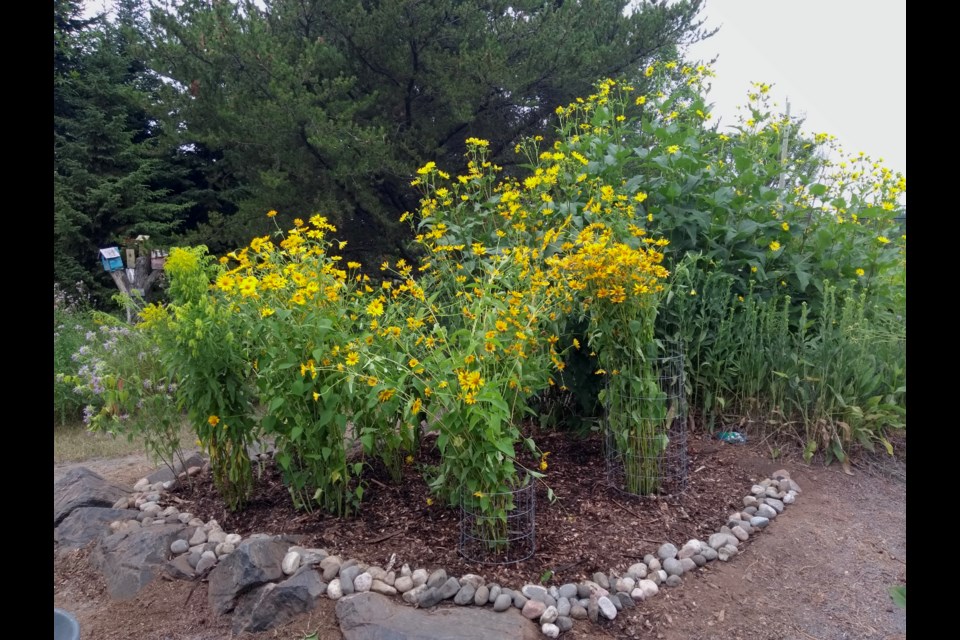THUNDER BAY — City residents can play a role in ensuring the survival of invertebrate pollinator species, of which the United Nations says nearly 40 per cent around the world are facing extinction.
A pollinator is anything that helps carry pollen from the male part of a flower to the female part of the same or another flower, thereby allowing it to produce fruits, seeds and young plants.
In an appeal to the public for support, EcoSuperior notes that the declining numbers of species such as butterflies, moths, bees, beetles and birds are a threat to environmental health and global food production.
Changes in land use and agricultural practices are key contributors to the problem.
The Thunder Bay-based non-profit organization has established the Adopt a Pollinator fundraiser, and is offering donors gifts including plant seeds, Canadian honey and a reusable travel mug, depending on levels of support.
Co-executive director Erin Moir said "Pollinators in general are a big part of our community, in helping to create bio-diversity and ensuring we have a healthy ecosystem here in Thunder Bay. Our fundraiser is a great way to promote that and bring awareness to the importance of these pollinators."
The money that's generated by the project will go toward education programming by EcoSuperior, which recently launched a new program in local schools.
The organization also supports the Central Natural Environment Gardens on Central Avenue at 10th Avenue, a public garden space that's planted with pollinators in mind.
"We work every summer to create a garden that has native species. Folks can come and visit. There's a great pavilion there, and we run some programming there that allows individuals to use the space and the interpretive signage, or volunteer ot help weed the gardens or plant new pollinators when the season arises," Moir said.
EcoSuperior co-executive director Ashley Priem said local residents can contribute as well by planting pollinator-friendly plants and trees on their own properties to provide food and shelter to pollinators.
"People can help make a difference ... whether they live on large farms or small urban spaces," she said.
According to Pollinator Partnerships Canada, the daily work of pollinators contributes over $233 billion to the global economy and provides one out of every three mouthfuls of food that we eat.
